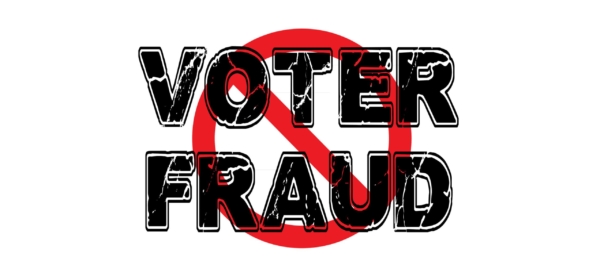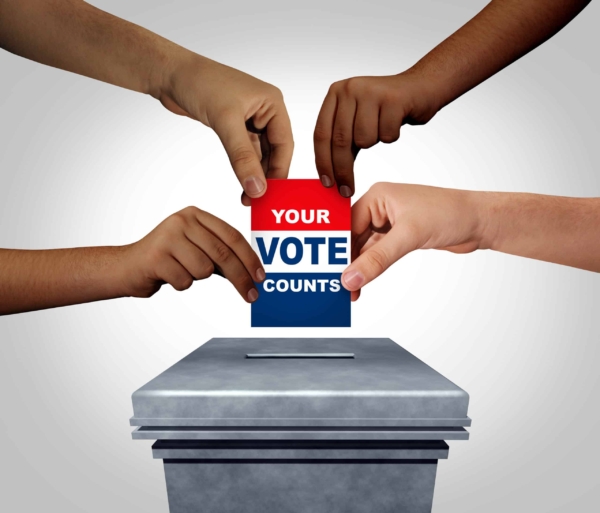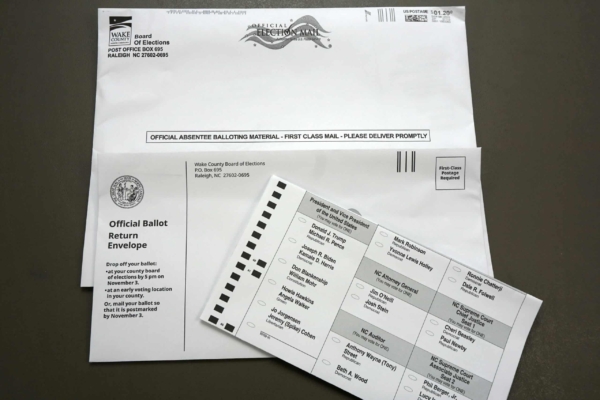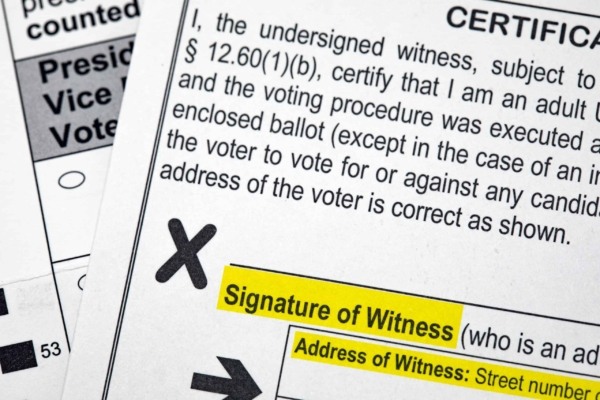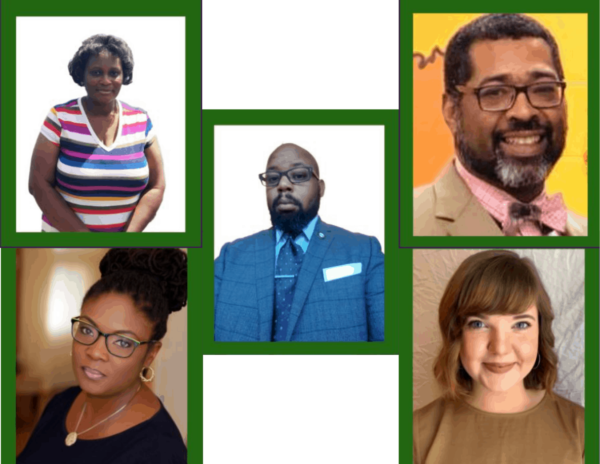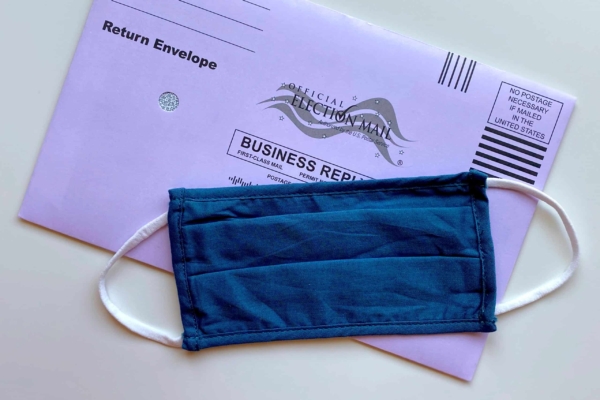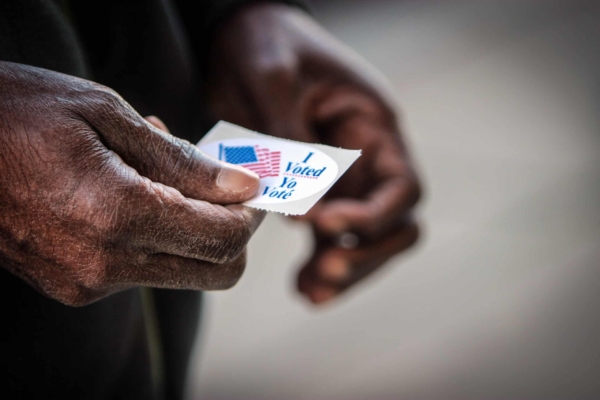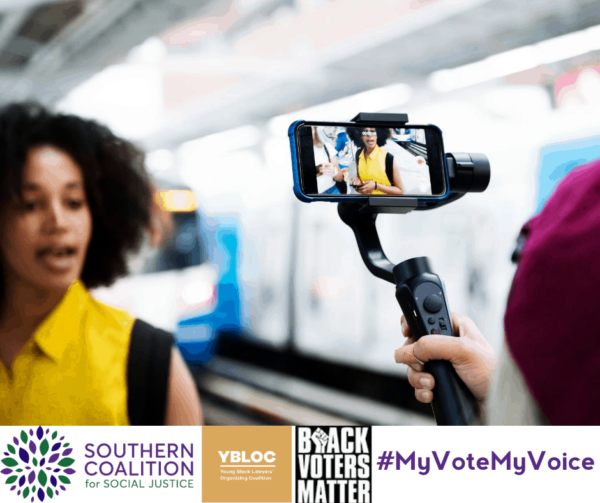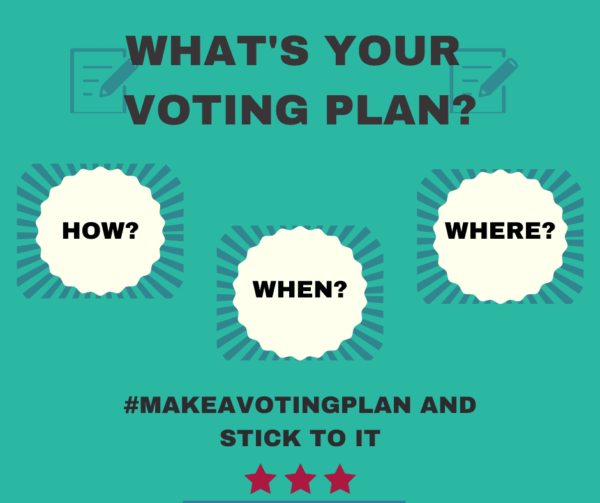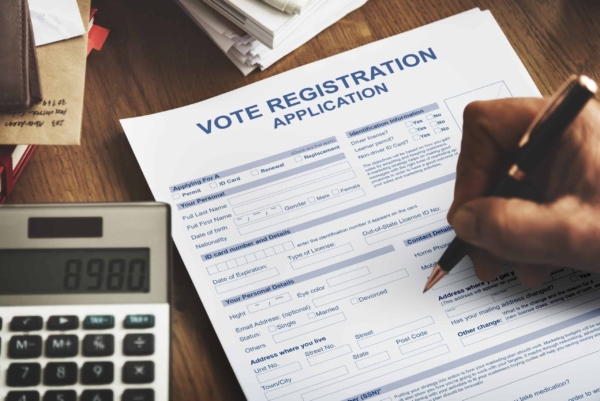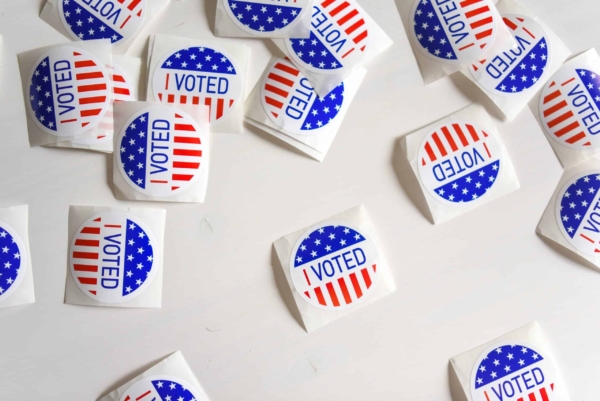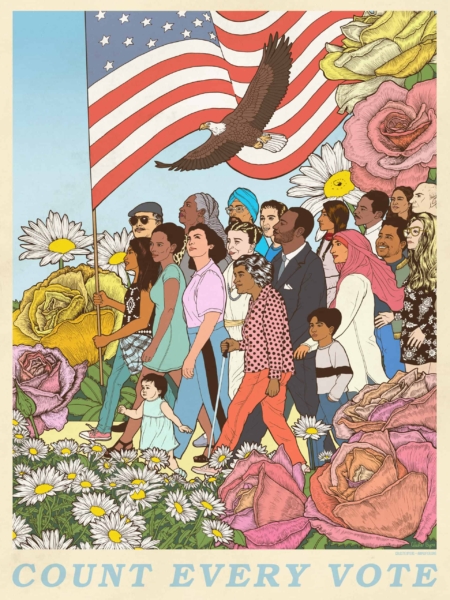
Voting Rights
Statement from the Voting Rights Working Group on Counting Every Vote in the 2020 Election
WASHINGTON D.C. — As we near the end of this general election, the will of the people must be respected. In record numbers and in the face of a global pandemic, Americans voted early and on Election Day, and availed themselves of mail-in voting. But the right to vote includes the right to have your vote counted.

